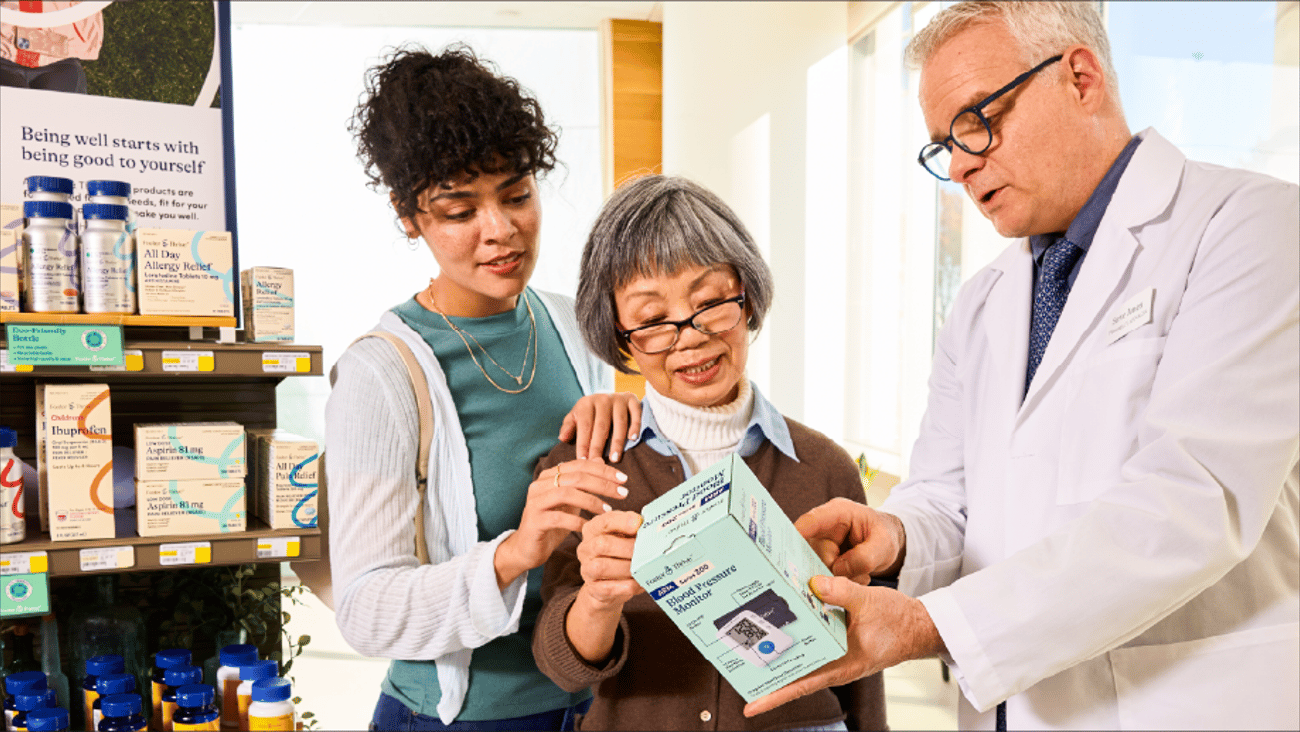Community pharmacies live up to their name
Neighborhood pharmacies are crucial to the health of their communities. This is always the case, but it becomes especially apparent during environmental disasters or crises like the coronavirus pandemic. Newspapers and TV stations across the country are drawing attention to the value of pharmacy services, highlighting even in the face of so much worry just how hardworking and creative independent pharmacists are as they provide patient care.
Pharmacies are stepping up in countless ways to continue doing business, albeit not business as usual. More than half of community pharmacies offer compounding services, and many of them are filling a supply void where they can by making hand sanitizer. It’s hard to imagine that such an everyday product is now vital to our national strategy for getting the outbreak under control. But it is, and independent pharmacies leaned forward to fill this public health need. Some are going even further by donating this product to patients, at-risk populations or local emergency responders. I’m proud that the National Community Pharmacists Association is teaming up with PCCA and the Alliance for Pharmacy Compounding to launch the #CompoundingHandoff campaign, seeking to provide compounding pharmacies with a plan to help their communities and to unite participating pharmacies’ efforts to supply alcohol-based hand sanitizer products that otherwise are in short supply. Compounding can also play an important role in making necessary prescriptions if essential drugs go into shortage.
To help eliminate a reason for patients to leave their homes, neighborhood pharmacies are increasing their delivery services or expanding delivery zones so as to bring essential items right to their doorsteps. Pharmacists are emphasizing their drive-thru options and are developing curbside pickup strategies at their pharmacies so healthy patients don’t have to expose themselves or others. Many provide same-day medication delivery, an important offering that has been a staple service by community pharmacies for decades. In fact, Anthony Fauci, a key adviser to President Trump and a member of the White House Coronavirus Task Force, began his healthcare career in Brooklyn, N.Y, delivering prescriptions for his pharmacist father.
Community pharmacists are helping each other innovate and safely serve their respective patients, sharing — via a daily newsletter feature we call “Members Helping Members” and with CPESN USA — their best practices on pharmacy workforce and patient protection, pharmacy workflow strategies, and patient communication.
As availability of novel coronavirus tests and the versatility of tests expands, it would be to everyone’s benefit for community pharmacies to be able to serve as testing sites and to give point-of- care tests. Similarly, once a vaccine is developed, independent pharmacies are perfectly positioned to mass immunize, just as we can provide up-to-date influenza and pneumonia vaccinations to prevent co-occurring disease. Independent pharmacies are willing and proud to meet these needs.
Pharmacists are on the front lines of this crisis, and in many places, they are the only accessible healthcare providers. The more than 21,000 independently owned pharmacies are a safety net for their communities, and they’re now in overdrive, working to keep their friends and neighbors safe and educating patients about the latest developments in the fight against the coronavirus. They are heroes to me and countless others for their contributions to patient care.
Transforming the healthcare payment system and maintaining the safety net that is community pharmacy is more needed and glaring now than ever before. As part of a robust response to the coronavirus crisis, the government is tapping into the capabilities of community pharmacy. Eliminate administrative burdens restricting patient care, develop a sustainable reimbursement structure, and empower pharmacies to practice at their full scope, and the community pharmacy safety net can continue to be there for patients during times of both calm and crisis.
Doug Hoey is CEO of the National Community Pharmacists Association.




